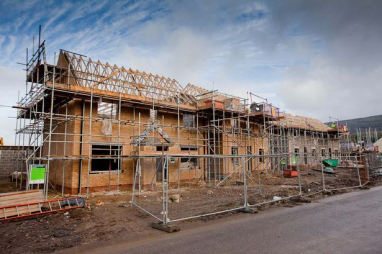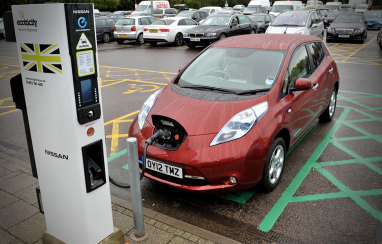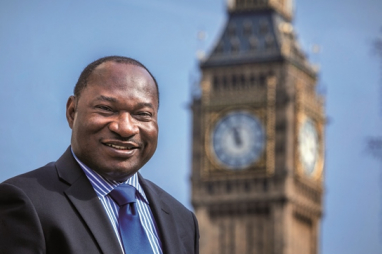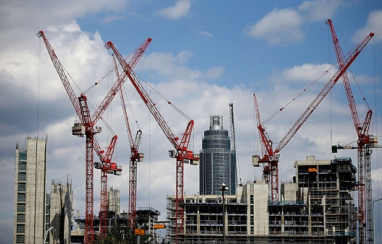- stan smith nuud women black and blue jordan shoes - IetpShops - Adidas AdiFC Orlando Pirates
- Air Jordan 1 Outlet Store online
- air jordan outlet legit reddit
- Жилетка adidas р , IetpShops , Τυπωμένο σχέδιο adidas
- IetpShops , Air Match Jordan XIII Michael Finley Autographed Mavs PE - 106 Release Date + Where to Buy - Women's Air Jordan 1 Mid Surfaces in Lucky Green and Aquatone DZ4137
- on feet air jordan 1 low chicago
- air jordan 4 white tech grey black fire red ct8527 100 release date
- air jordan 1 mid chicago 2020 554724 173
- Miles Morales Shameik Moore Air Jordan 1 Spider Verse
- eastbay restock large amount air jordans
- Home
- News and analysis
- Info hubs
- Events
- Video
- Case Studies
- About us
- Magazine
- Advertising
Produced for the industry by the Association for Consultancy and Engineering
News
Hammond responds to pressures by pledging £44bn for housebuilding

The government has vowed to deliver on its promise of building 300,000 new homes every year by ploughing £44bn into the housing industry.
Addressing the House of Commons, the chancellor pledged the cash in what is the largest housebuilding drive since 1970, promising that 300,000 new homes will be built each year to the mid-2020s. Philip Hammond said the financial injection is in addition to the 217,000 new homes built this year which looked to address home ownership levels for those aged between 25 and 34 falling from 59% to 38% over the last 15 years.
Pressure before today’s budget could not have been greater after the prime minister stated it was her “mission” to fix the broken housing market and get more homes built across the country. Therefore it is no surprise that money will be made available through various streams including £635m for the Small Sites Fund, £2.7bn for the Housing Infrastructure Fund, £1.1bn to unlock strategic sites for building, and £8bn of guarantees for private house building.
Despite reiterating there is no "single magic bullet" to increase housing supply, Hammond told parliament his budget would mean “the dream of home ownership becoming a reality in this country once again”.
Delivering his budget, Hammond said: “This is a complex challenge. There is no single magic bullet. If we don’t increase supply of land for new homes, more money will inflate prices and make matters worse. If we don’t do more to support the growth of the SME housebuilding sector, we will remain dependent on the major national housebuilders that dominate the industry. And if we don’t train the construction workers of tomorrow, we may generate planning permissions, but we will not turn them into homes. Solving this challenge will require money, planning reform and intervention.”
The chancellor has also announced an inquiry to look at speeding up developments where planning permission has been granted. Elements of the planning system will be reformed in an effort to get more permissions granted and to force more landowners with planning permission to get on and build. The inquiry will look into why there is a “significant gap” between the number of planning permissions granted and the number of homes built. An interim report will be prepared in time for the spring statement next year with the chancellor promising that the government will “intervene” if it’s found land is being withheld from the market for commercial reasons.
The chancellor said the increase in housing supply would focus on making best use of urban land, and continuing the strong protection of our green belt. Hammond made particular reference to building high-quality, high-density homes in city centres and around transport hubs. But this emphasis on protection has been criticised and labelled as a miss opportunity.
Mathew Riley, managing director of Ramboll, said that the government would be judged on delivery and that the budget was not one they should be proud of. "Years of under investment and policy failures by successive governments are the root cause of today’s shortfall in our social infrastructure," said Riley. "So whilst the chancellor may feel pleased with his stimulus to technology and housing, this government must be judged on results," he said.
“We have run out of time for endless reviews where nothing happens; we need real leadership to deliver 300,000 homes a year," Riley said. "This government’s track record is not promising. They seem unable to make a decision on additional runway capacity in the south east and growing rail requirements across England and Wales. Ultimately, this investment is too little and will constrain productivity in the UK. This is not a Budget to be proud of.
“House building may well be at the highest level since the crash, but it is obvious we still need more homes. Our government needs to be more agile in releasing land and planning for growth. As an industry we need to step up and play our part in delivering smart and efficient solutions, to help policy makers. This means modernising the way we collaborate and delivering design, engineering and construction the way it should be. Digital design techniques combined with offsite construction will transform productivity and deliver these high quality solutions in record time. The chancellor’s investment in construction and digital skills training is valuable and will play a vital role in helping boost the UKs infrastructure," Riley said.
Ben Kite, managing director of ecological consultancy, EPR, said: “The budget should have set aside funds to assist with the implementation of sensitive housing development projects on carefully selected sites within the green belt. Such projects, incorporating generous green infrastructure, would have provided not only social, but environmental benefits. Much of the current green belt is brownfield or intensively farmed agricultural land with little in the way of ecological value, and often little in the way of public access provision. Carefully planned and controlled development in limited areas of the green belt could have changed this.”
Ross Polkinghorne, partner and head of real estate development at independent UK law firm Burges Salmon, said: “Housing was a key focus in today’s Budget announcement with £44bn committed by Government through capital funding, loans and guarantees. However, it wasn’t purely the fiscal announcements that made for an interesting listen. The government will be expanding the Homes and Communities Agency to form Homes England, which will provide increased money, expertise and purchasing power for local authorities. The chancellor also promised to review ‘planning reform’ - a statement that will surely have pricked the ears of many in the housing industry."
Despite the funding pledges by the chancellor, some involved in housebuilding planning are not so confident about projections. Carl Dyer, head of planning at solicitors Irwin Mitchel, said: "The budget was as expected, the usual rattle of cans being kicked down the street and of failed policies being recycled. The 300,000 homes a year target is an aspiration for the mid-2020s. That figure needs to be seen in context - the 217,000 figure cited about houses built this year includes 40,000 conversions. The average for the last seven years has been 159,000 a year! Yet again, we see a chancellor targeting the wrong end of the housing market - help for first time buyers, but not a word about retirement living, downsizing or the need for more care homes."





